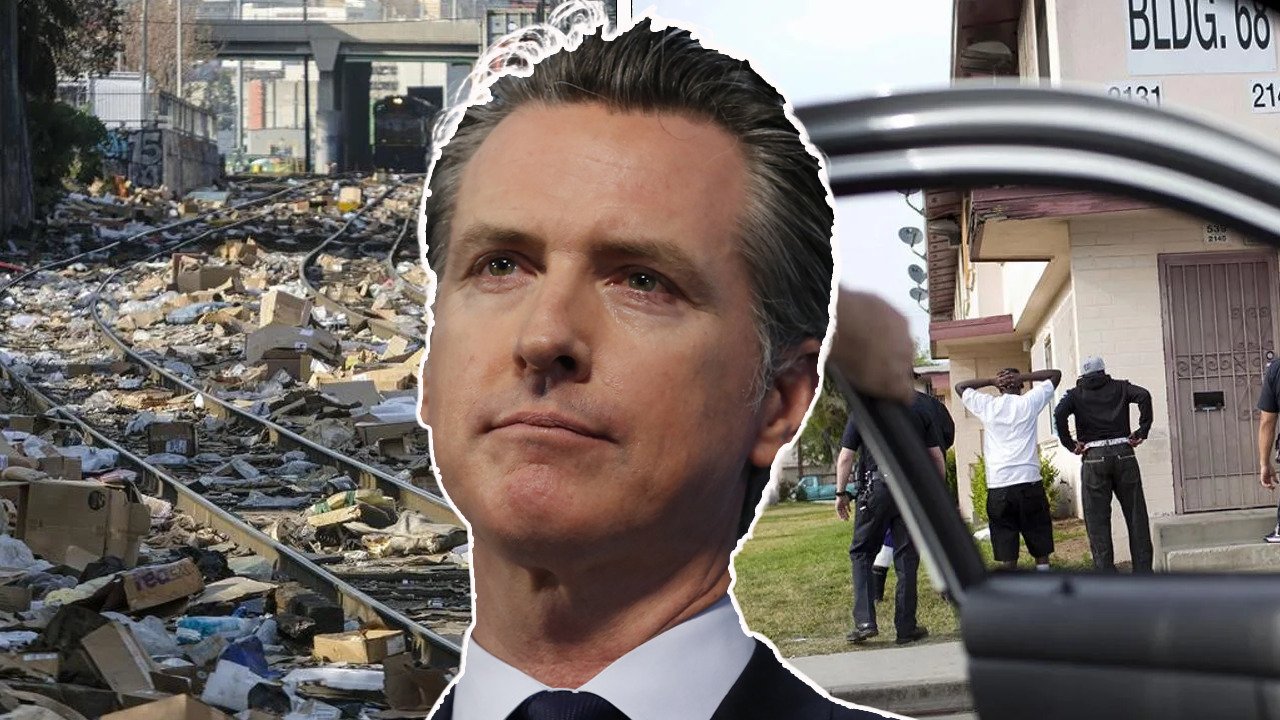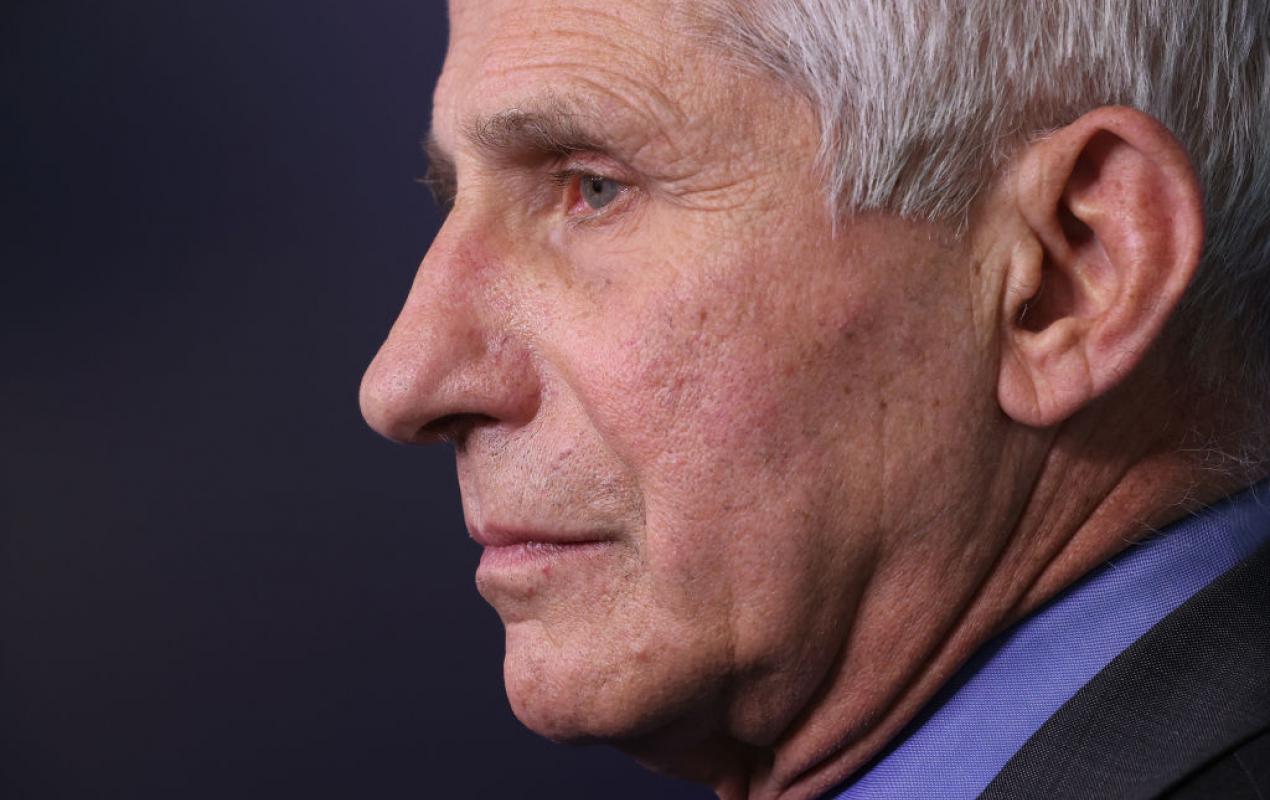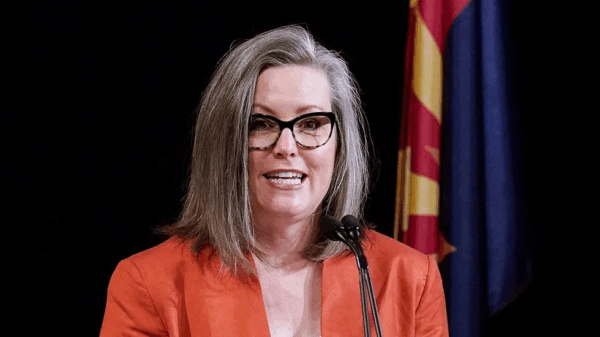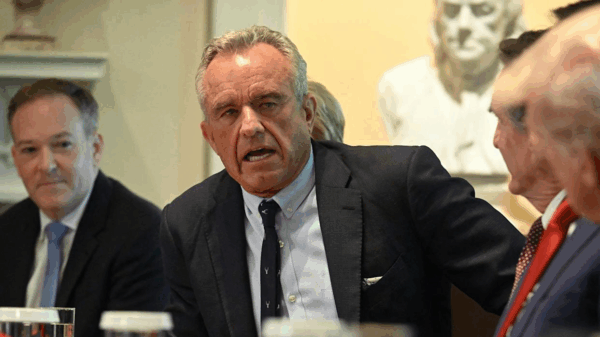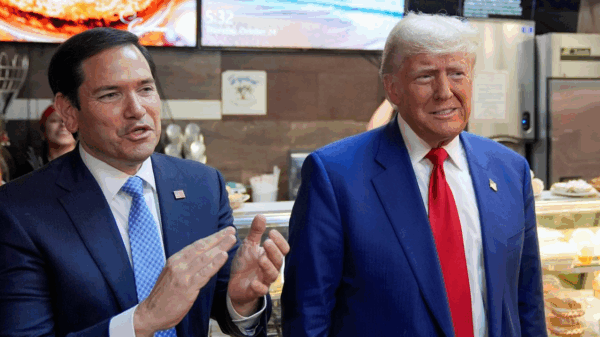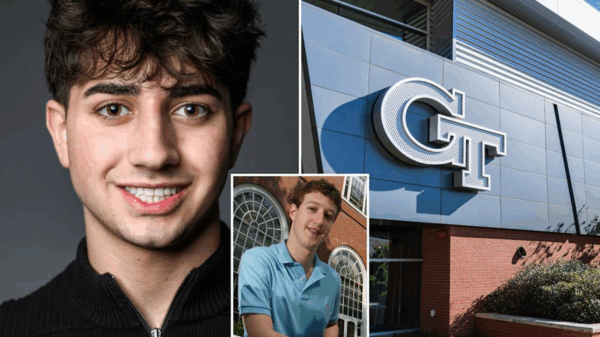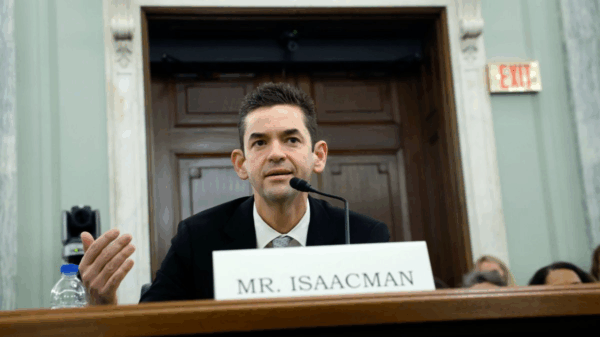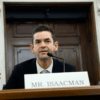On CNN’s “New Day,” former Capitol Hill police officer and CNN Law Enforcement Analyst Michael Fanone defied the network’s usual narrative and revealed the true causes for the current spike in crime in the United States.
Comments by Fanone were in reaction to a story by Brynn Gingras, a journalist for the New York Times, which said that murders in the United States will rise 29% by 2020 and 71% by 2021. For Gingras, there have been three high-profile killings recently: the stabbing of a UCLA student in Los Angeles, the bus-stop assault on a nurse in Los Angeles, and the shoving of a lady into the path of an oncoming Metro in New York City.
CNN’s customary attacks on the Second Amendment were unable to use the violent attacks since they did not include weapons, leaving the network wide open for a fresh perspective.
The number of crimes has clearly increased, according to Fanone. Not only this year [or the year before], but throughout the four or five years preceding up to 2022, as a police officer I have seen it. There has been a massive rise in both property and violent crimes.”
Several factors have been cited by Fanone as the reason for the rapid growth.
A police officer in him quickly pointed to a decline in proactive policing as a possible source of the problem. I don’t know if it’s because of new legislation, departmental policies, a lack of confidence and training in their leadership, fear of assassination, or indifference to the job, which resulted from years of intense scrutiny and angry rhetoric directed at them by members of the media, the public, and politicians.
In addition, prosecutors who have decriminalized illegal activity in public are under fire from Fanone.
“I would also refer to state and district prosecutors who have openly decriminalized small offences,” Fanone said. These atrocities have become more common because of the climate that has been established. When you marginalize folks who have been harmed and put police officers who are responsible for keeping communities safe in a difficult position, you’re doing more harm than good.”
Prosecutors’ notions about not prosecuting small crimes and decriminalizing some acts are understandable to me, but telegraphing that to criminals is not a smart idea.” “You’re empowering them. You’re also ignoring the victims of these atrocities. The last thing I wanted to do as a police officer was make an arrest for petty theft from a convenience store. Consider the owner of the bodega, who would suffer greatly if individuals keep stealing from his or her establishment. That being said, I believe that these prosecutors should consider each case on its own merits rather than making generalizations that enable criminals to escape punishment.
In the end, Fanone blamed the rise in crime on a lack of meaningful conversation, despite his belief that accountability is essential to the success of the US criminal justice system.
As he put it, “I truly ascribe the surge in criminal activity in the United States to our reluctance to engage in an honest dialogue about police and criminal justice reform” The media, elected officials and courts, state and federal prosecutors, police agencies, police officers, community activists and people of the community have all failed me in the previous five years or so. Never in my life have I seen a degree of mistrust and misinformation conveyed by and among members of those groups.”
![]()

